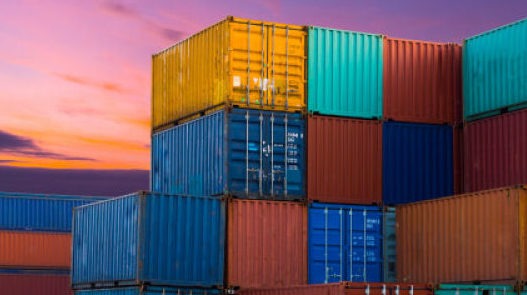The coronavirus pandemic severely upset the ocean carriers’ schedules during the spring and summer, as they “blanked” sailings to recover costs from diminished container volumes from Asia. However, shippers are concerned that ocean carriers are changing the earliest delivery return dates for containers arriving at the nation’s seaports without sufficient notice.
Unforeseen circumstances on the high seas, such as storms, can cause ocean carriers to readjust their sailing schedules and thus their availability to receive containers at the marine terminals booked for specific sailings. Severe supply chain disruptions can occur when ocean carriers fail to promptly notify shippers that the earliest return dates for containers have changed, because once containers are on the rail, they cannot be delayed or stopped.
When containers are unable to enter the marine terminal due to a sailing schedule delay, container shippers must scramble to find safe and secure sites nearby to hold their shipments. The longer the box sits, the hundreds of dollars in storage fees rack up.
Costly, ongoing problem for all shippers
The problem is happening to all American exporters, “no matter if they ship five or 200,000 containers a year,” AgTC Executive Director Peter Friedmann told American Shipper.
He said the inability of ocean carriers to keep shippers immediately informed about changes to sailing schedules and earliest return dates for containers leads to demurrage charges, additional truck and storage charges, rolled cargo and missed sailings.
This is happening “all at a time when trucking and storage costs are going through the roof,” he said.
Since the ocean carriers have contractual relationships with the shippers, either through service contracts or bills of lading at the individual shipment level, Friedmann said they should communicate directly and immediately with those customers and not depend on marine terminals and others to let the exporters know of ERD changes.
Friedmann said for many shippers, if this communication breakdown from the ocean carriers continues to disrupt the flow of export and add costs, then foreign importers of American products will simply turn to other markets.
Source: Freightwaves



